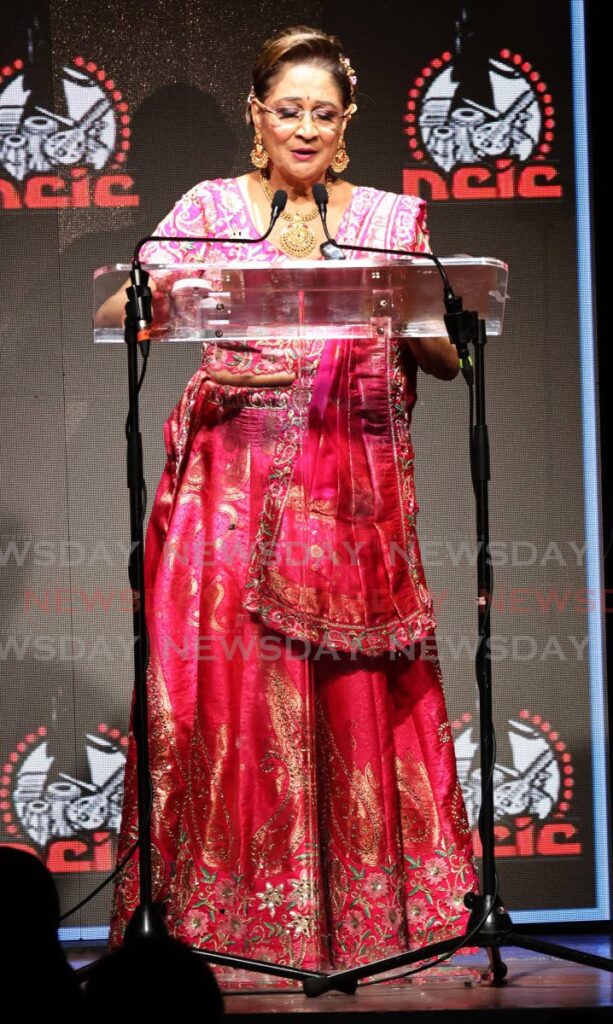TTT’s shadows

NO MATTER how it is viewed, the break in transmission by TTT during the Divali Nagar address of Opposition Leader Kamla Persad-Bissessar is a bad look for a state-owned broadcaster trying to stand on its own.
The response of government and company officials, too, about what occurred on October 26 has been even worse.
With a few exceptions, most have ignored the implications of what occurred, given TTT’s long history.
TTT says the hour-long break in transmission that threw Ms Persad-Bissessar off air was due to an “inactive” internet connection and “an autonomous automatic update.”
Putting aside politics for a moment, this explanation is simply embarrassing, given that a central part of the revamped TTT’s mandate is to promote local content.
That technicians apparently did not have the foresight to disable automatic updates (as they later did) during an event as culturally significant as Divali Nagar is mind-boggling.
But whether what occurred was due to malfunction or mischief, no broadcaster can be taken seriously if, having received broadcast rights, it fails to live up to its end of the bargain. From a purely commercial perspective, this incident is damaging for TTT’s reputation.
That is why the differing responses of Minister of Communications Symon de Nobriga and TTT chairman Neil Parsanlal are also disappointing.
Mr Parsanlal, a former communications minister in the cabinet of Patrick Manning, adopted the appropriate tone, sensing the gravity of what occurred and issuing a direct apology to Ms Persad-Bissessar.
In sharp contrast, Mr de Nobriga limited the matter to one of a narrow contractual relationship between the broadcaster and the National Council of Indian Culture – which hosts the annual Divali Nagar – and spoke of people “trying to find shadows in corners” and “conspiracy theories.”
But if there is a shadow here, it is TTT’s troubled history of becoming ensnared in politics.
UNC MP Saddam Hosein has questioned whether the current PNM administration has enjoyed free broadcasts.
But in truth, these kinds of issues also arose under previous PNM administrations, including Manning’s, when it was feared the entity, then called CNMG, was responsive to political dictates.
In fact, this was also the case under Ms Persad-Bissessar’s administration. Back then, government officials had to fight back concerns about newsroom interference, particularly after the abrupt dismissal of a morning talk-show host.
Former independent senator Helen Drayton, who was once chairman at the state broadcaster, recommended an independent funding mechanism be set up to guarantee independence.
It is the failure of successive governments to do precisely that that leaves the door open for controversy.
It is no “conspiracy theory” to question whether, given recent and past events, the $20 million the state annually pumps into TTT serves as a good investment.

Comments
"TTT’s shadows"